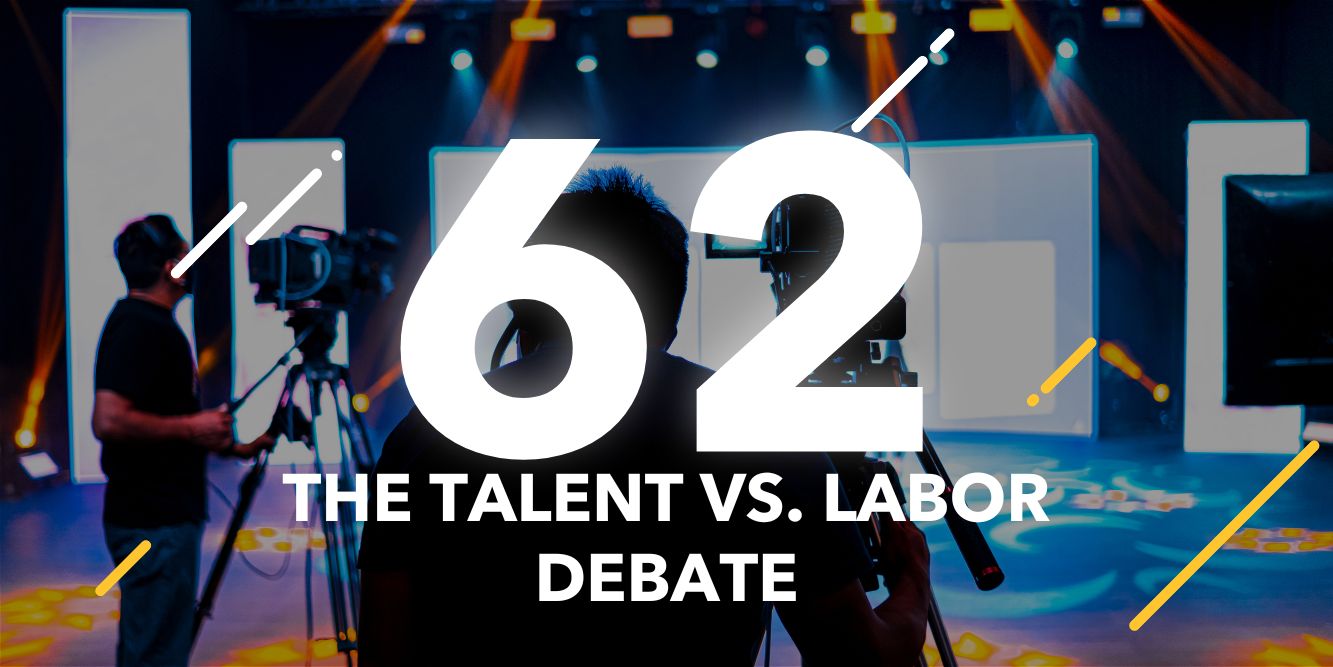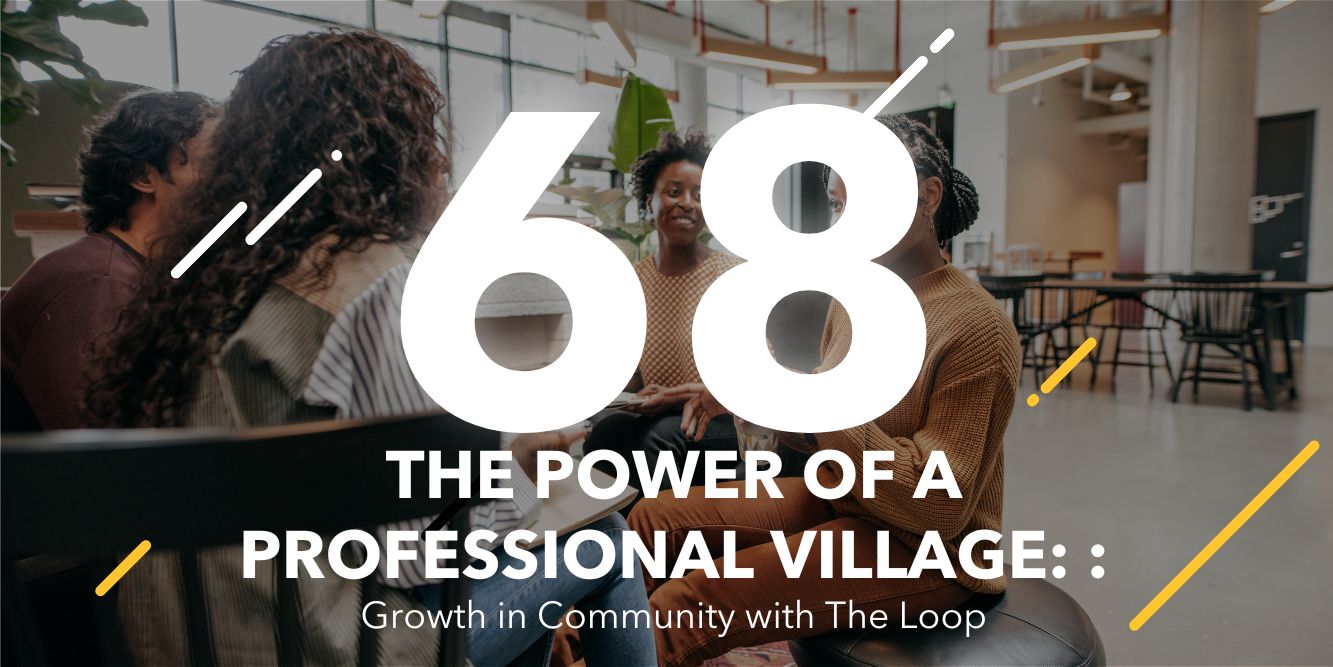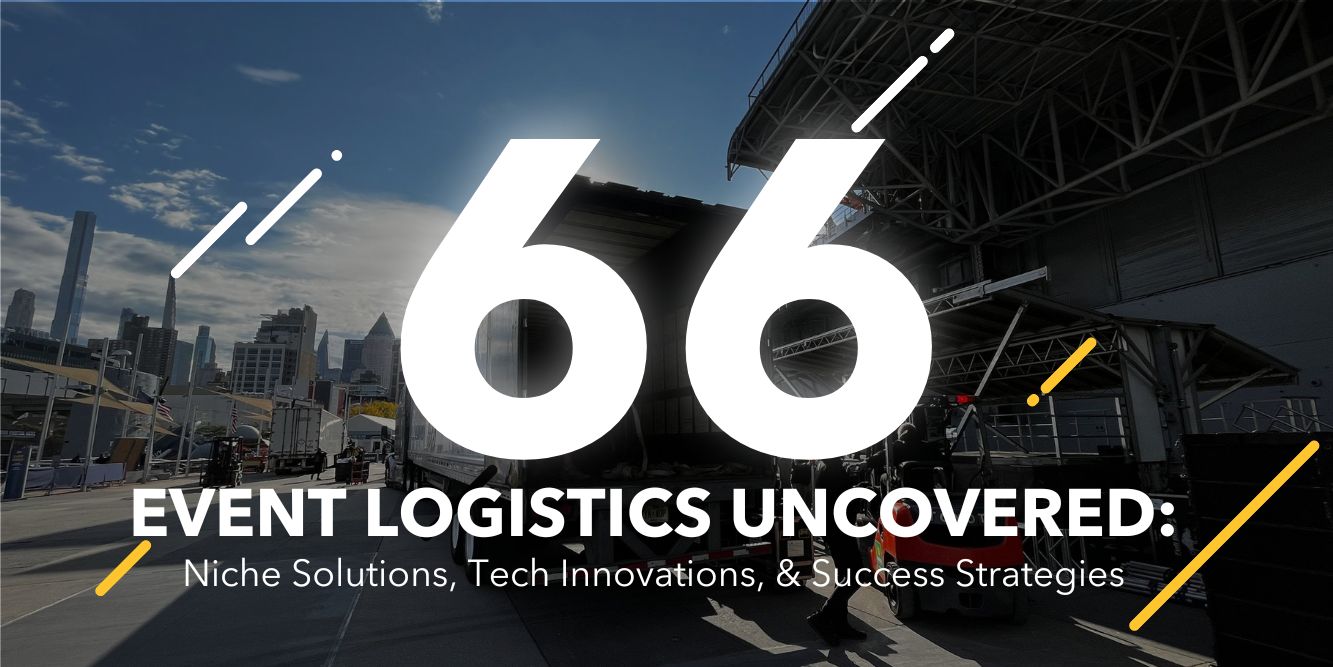About the Episode
In this compelling episode of “Corralling the Chaos,” host Angela Alea, President & CRO of LASSO, sits down with Anthony McCoy to discuss a pivotal shift needed in the live events industry—the shift from viewing workers as mere ‘labor’ to recognizing them as ‘talent.’ They explore the profound impact this mindset change can have on the industry, including elevating work quality, increasing respect for workers, and boosting professionalism.
Key speakers
– Angela Alea: President & CRO of LASSO, Host of Corralling the Chaos
– Anthony McCoy: Associate Director – Project Management, Encore
Listen
Watch
Takeaways
Takeaway 1: The event industry needs to change its language from ‘labor’ to ‘talent’
The podcast emphasized the importance of language, specifically the need to shift from viewing industry professionals as ‘labor’ to recognizing them as ‘talent’. This change in terminology is seen as crucial in fostering better respect and understanding of the work of event industry professionals.
Angela stressed the need to retire the word ‘labor’, saying, “Yet in our industry, which is full of talent, that pulls off epic experiences, people are often referred to as labor.” Anthony agreed, pointing out the passionate individuals in the industry who continue to develop their skills on and off the clock, defining them as talent versus labor.
Angela also challenged listeners to replace the term ‘labor’ with ‘talent’ in all industry language, arguing that it not only better represents the work of professionals, but could also lead to higher selling rates and increased pride in work. “Let’s start as an industry replacing those words. And let’s see if you’re not able to sell at a higher rate because you’re positioning your company as providing talent, not labor.”
Takeaway 2: The importance of investing in talent and treating them as human beings
The speakers reinforced the importance of investing in the industry’s talent, both in terms of training and personal development, and in recognizing their humanity and treating them with respect.
Anthony emphasized the importance of investing in people: “I think it’s huge for us to invest in people just like any of these large tech companies would.” He argued for treating talent like human beings, providing resources for growth, and ensuring they are set up for success.
The speakers also advocated for accountability on both sides. Anthony called for internal reviews within companies to ensure they are setting their talents up for success: “While we dropped the ball on this because of A, B, and C, before hopping on to those on site, wait a minute, did we set them up for success?”
Takeaway 3: The need for talent to show professionalism and dedication
While emphasizing the need to respect and invest in talent, the speakers also highlighted the importance of talent demonstrating professionalism, dedication, and a willingness to learn and grow.
Anthony said, “If I’m gonna call you a talent, bring it back that way. So, one, I think it’s that two-way respect to give people and seeing on a show site, I think just some people don’t have the opportunity to have that kind of leadership in their career, somebody to pull them aside and say, what do you enjoy doing? And there might be just aimlessly walking around the ballroom, just like they told me to show up here and push cases around, which is great. That’s how I started. But at a certain point, you, as an individual, have to ask yourself, do I want to just be this guy who’s doing this consistently?”
Anthony further stressed the need for talent to prove their worth by taking their work seriously, showing up on time, and being proactive: “Be that person that is proactive.”
Insights surfaced
1. The need to retire the term ‘labor’ in favor of ‘talent’ to reflect the passion, professionalism, and growth intention of workers in the event industry.
2. The importance of recognizing the difference between ‘talent’ and ‘labor,’ which goes beyond technical skills to include attitude, commitment, and professional growth.
3. The fast-paced nature of the event industry often results in workers being viewed as mere ‘labor,’ which needs to change.
4. The importance of treating workers with respect, investing in their growth, and providing them with the necessary resources to succeed.
5. The value of talent goes beyond skillset and includes the right attitude and mentality.
6. Companies need to invest in their people, as they are the most important asset, not the equipment or gear.
7. The shift in language from ‘labor’ to ‘talent’ could potentially help companies defend their price points better and improve the quality of work.





